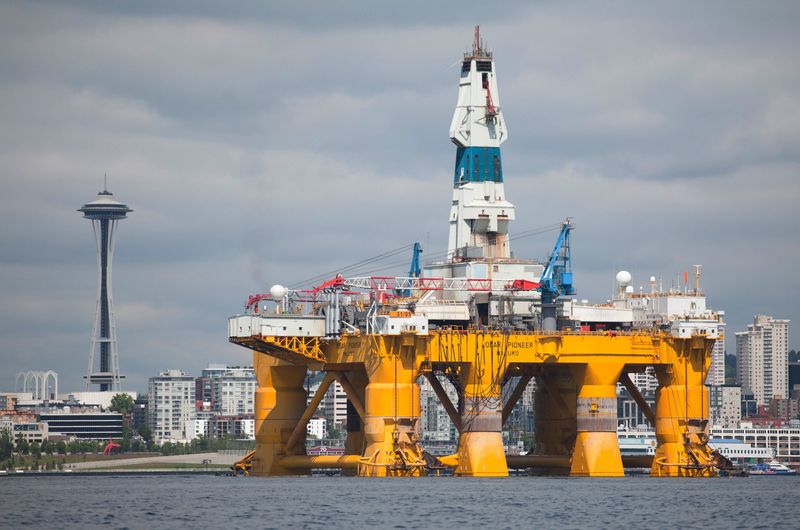Trump/Putin summit, UnitedHealth and Japan’s GDP - what’s moving markets
Investing.com -- Oil prices fell again on Monday as the market shrugged off rhetoric from the Middle East on the prospect of a war between Saudi Arabia and Iran.
In an interview with CBS on Sunday, Saudi Arabia's Crown Prince Mohammed bin Salman restated his opposition to a military response to strikes on Saudi Arabia's oil installations earlier this month.
"The political and peaceful solution is much better than the military one," he told CBS.
On a more hawkish now, the prince, who is Saudi Arabia's de facto ruler, warned that "If the world does not take a strong and firm action to deter Iran, we will see further escalation that will threaten world interests," adding that: "Oil supplies will be disrupted and oil prices will jump to unimaginably high numbers that we haven't seen in our lifetime."
However, given the obvious reluctance of President Donald Trump to be drawn into a conflict with barely a year until the next U.S. elections, markets have now all-but ruled out the risk of a shooting war in response to the attacks. Saudi Arabia, meanwhile, reiterated that it has now "reached 11.3 million barrels per day (bpd) capacity and will reach 12 million bpd by the end of November."
In a statement issued to voice its displeasure at having its credit rating downgraded to A by Fitch, Saudi Arabia also said that national oil company Aramco will meet all customer oil commitments this month.
By 10:30 AM ET (1430 GMT), U.S. WTI crude futures had fallen by 65c or 1.2% to $55.26 a barrel, almost back at the level where they were before the attacks. Brent crude futures were likewise down 62c or 1.0% at $60.41 a barrel.
With geopolitical risks apparently receding, the world is left to focus on a supply-demand balance that has looked dangerously like falling out of kilter as the world economy has slowed under the influence of the U.S.-China trade dispute.
Weak inflation data from Germany and the second-lowest Chicago PMI reading in four years kept the macro tone subdued, as did CFTC data from Friday that showed hedge funds using the cooling down of Middle East tensions to exit long positions in crude.
Hedge funds and other money managers sold 16 million barrels of futures and options in the six major petroleum contracts in the week to Sept. 24, after buying a total of 144 million in the previous two weeks, according to Reuters columnist John Kemp.
